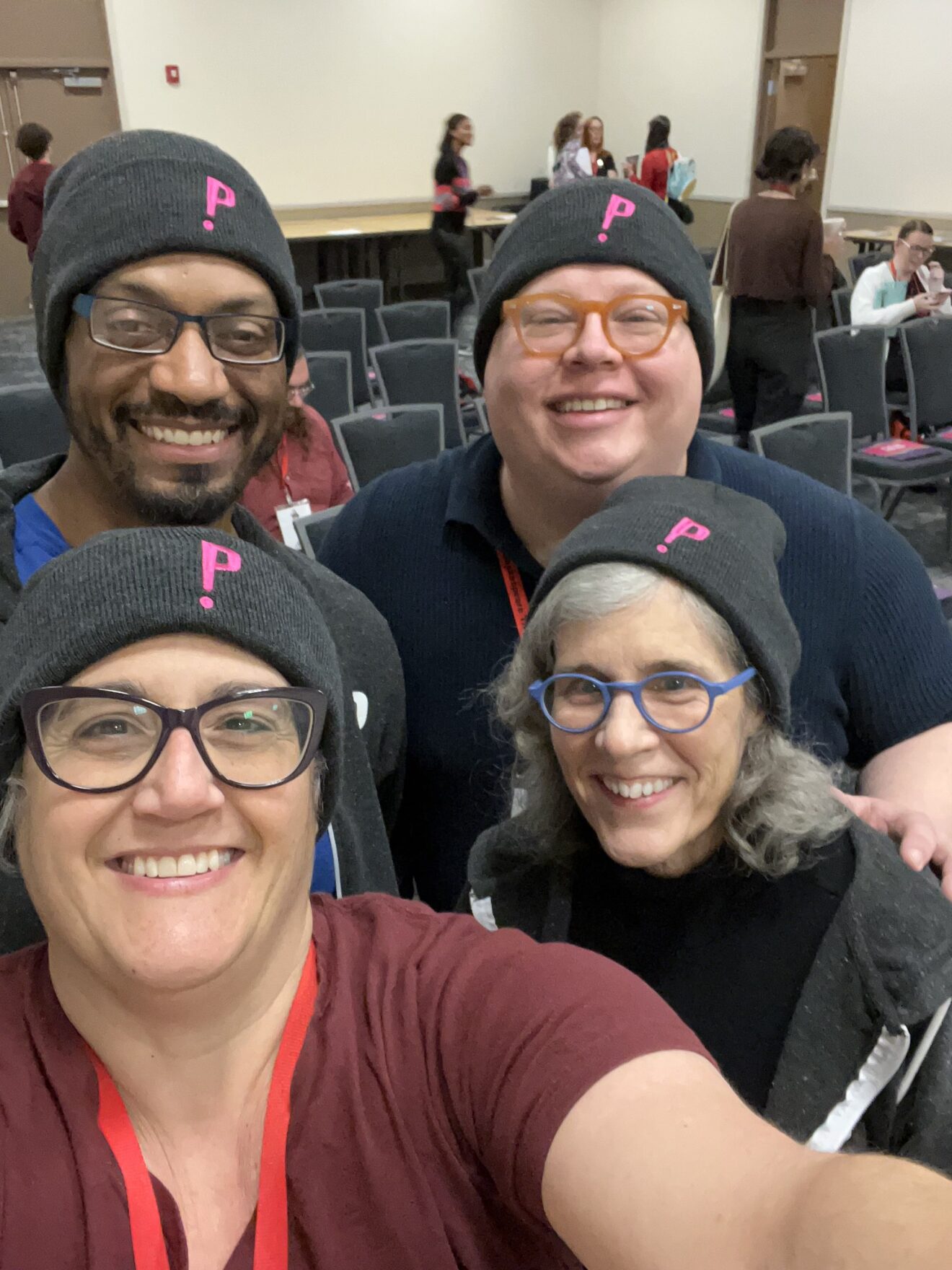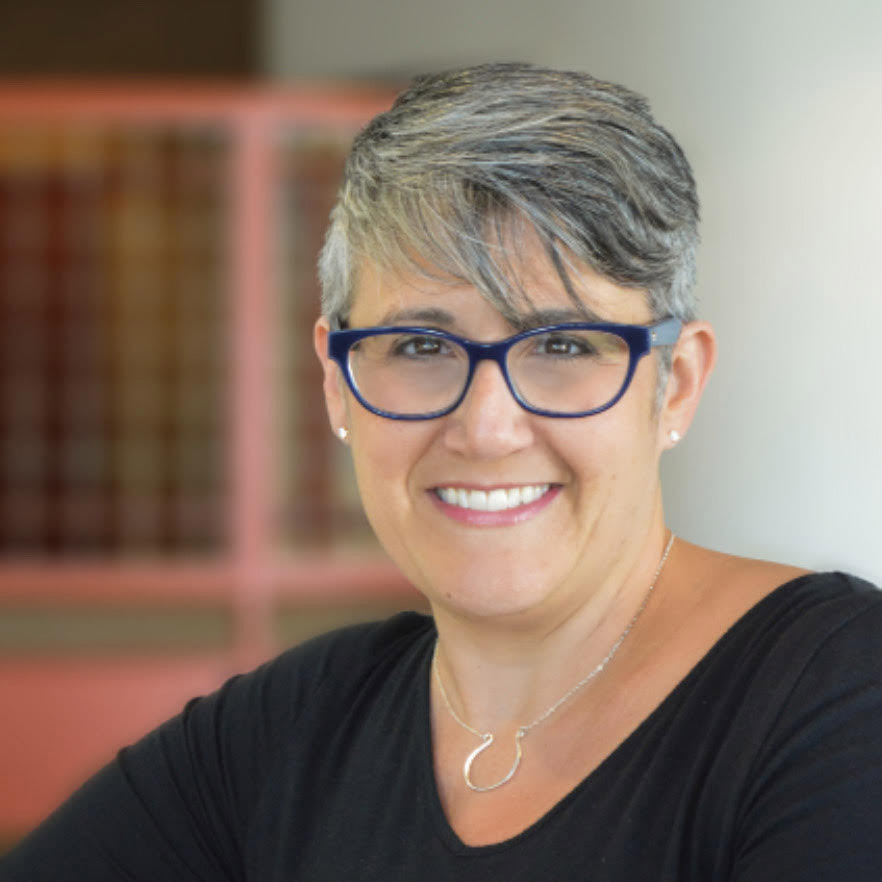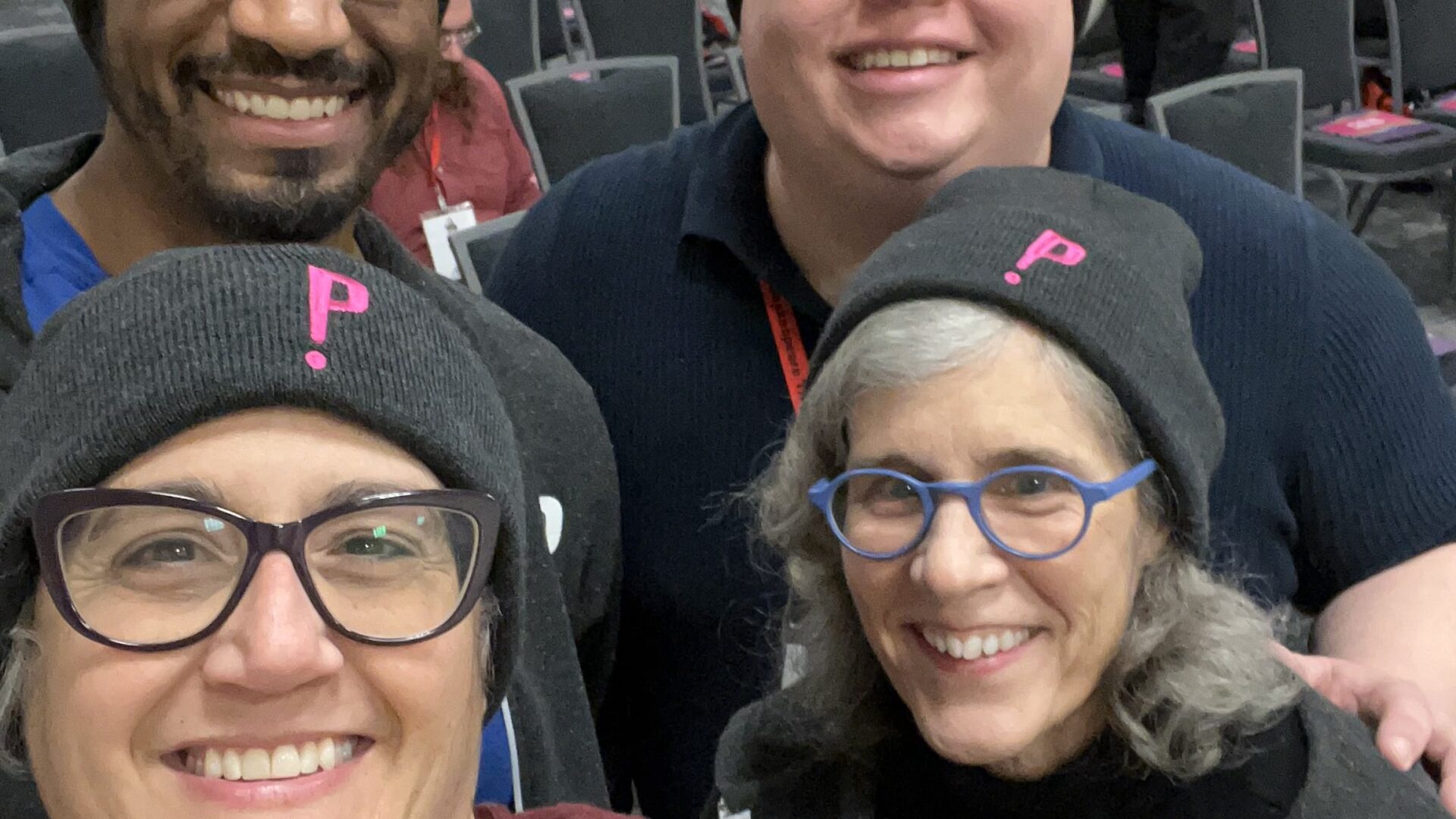Time to Read: 3 minutes
Every January, over 150 Shakespeare theaters come together to network and begin collaborative efforts to share ideas, operational practices, and even resources. The Annual Shakespeare Theatre Association (STA) Conference provides a centralized location where theater professionals convene to enhance the forum for the artistic, managerial, and educational leadership for theaters that primarily produce the works of William Shakespeare. Conference goers are invited to discuss issues and methods of work, resources, and information, and to act as an advocate for Shakespeare productions and training.
Relationship building has been key to our success, and STA is the perfect event to reaffirm past partnerships and create new artistic alliances with organizations whose missions and values align. From deepening bonds with organizations like Orlando Shakespeare Theater, which produced Pericles translated by Ellen McLaughlin to reconnecting with our friends at Prague Shakespeare Company, our time at STA is always well spent and we leave with new ideas and partnerships with which to collaborate.

Cheryl Rizzo, Artie E. Calbert, Taylor Bailey and Lue Douthit at the STA 2024 conference
This year’s STA conference was held in Atlanta, GA, and graciously hosted by Atlanta Shakespeare Company. This year, the Play On Shakespeare team attended STA, including Play On Shakespeare’s Business Director, Cheryl Rizzo. Rizzo, whose background includes theater management in addition to assisting broadway producers, was able to experience the conference through an operations-focused lens and came back to the office with valuable insights that were too good to keep to ourselves. Keep reading as we peek behind the curtain to experience seven eye-opening days of workshops, forums, and late night conversations.
Q: This was your first STA conference correct? What did you learn about the Shakespeare Theatre Association?
A: Yes! First time. I learned that there is a never ending amount to learn about Shakespeare.
Q: Where do you think Play On Shakespeare fits within the Association? What does Play On Shakespeare bring to the conference to enhance the accessibility of Shakespeare to new audiences?
A: Play On Shakespeare is a mix of keeping the beauty of Shakespeare while also not being afraid to update it a little in order to keep it alive, relevant, and for everyone. Shakespeare wrote his plays to resonate with everyone and yet in the modern age, a lot of people feel alienated from it, making it only accessible to a privileged group of people. This makes Play On Shakespeare a unique contributor to STA.
Q: What events, panels, performances, or conversations at STA inspired or invigorated your interest in being a theater practitioner?
A: The panel on the 50/50 Shakespeare Project* was exciting to hear about. In some ways it takes what we do at Play On and pushes it even further. Exciting stuff!

Q: What goals for 2024 were ignited by your attendance at the conference?
A: Bust assumptions! I hope to enlighten more people on what Play On Shakespeare has to offer the Shakespeare world and also to clarify some misconceptions about its origin and its long term goals.
We look forward to many more years of working with STA and participating theaters. We look forward to seeing the work of these organizations featured in STA’s semi-annual magazine, Quarto. With STA membership continuing to climb year over year, we think it’s about time for everyone to learn more about the Shakespeare Theatre Association.
Visit stahome.org to engage today!
*The 50/50 Shakespeare Project aims to advance gender equity in the workplace of Shakespeare practitioners. They achieve this by responsibly adjusting the gender identification of certain characters, reallocating some text and action to achieve gender equity throughout the plays, and rebalancing the power dynamic embedded in the text and structure of the plays that exists because of the standard business model of early modern English drama. Finally they consult leading academics to ensure our adaptations are authentically in the spirit of Shakespeare’s work.

-

COMEDY is On the Road!
The Acting Company is about to embark on its U.S. tour of THE COMEDY OF ERRORS in a modern verse translation by Christina Anderson, in repertory with August Wilson’s TWO TRAINS RUNNING. -

Making Play On Podcasts: An Interview with Michael Goodfriend
Play On Shakespeare interviews Michael Goodfriend, Head of Scripted Fiction at Next Chapter Podcasts, to talk all things Play On Podcasts! -

The Language of Midsummer
A MIDSUMMER NIGHT’S DREAM has had multiple productions this year—and one key takeaway has been the benefit of accessible language. -

Level Up Your Reading List
This fall, Play On Shakespeare has the perfect reading list for you, with books written by some of our partner artists!

